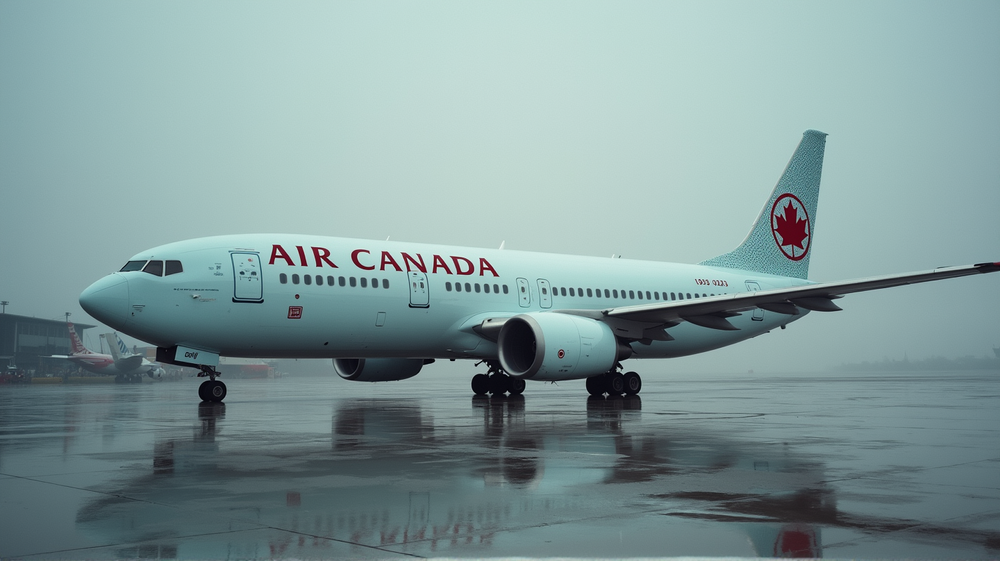Union Standoff: A Battle on Many Fronts
Air Canada’s plans to swiftly resume operations were thwarted as flight attendants chose to defy a government-imposed back-to-work order. Against the backdrop of negotiations gone awry, the labor unrest represents a significant chapter in Canada’s industrial relations history. The Union, bolstered by public and labor movement solidarity, called out the airline’s dependency on federal authorities to resolve internal disputes.
The Heart of the Dispute: Fair Compensation
At the core of the impasse lies the demand for fair compensation. Flight attendants have long sought remuneration for pre- and post-flight operations, a standard unpaid by many airlines. The strike, carried out amidst expectations of curtailed liberties and workloads, encapsulates a broader struggle for equitable labor practices.
Federal Intervention: An Intricate Tug-of-War
Jobs Minister Patty Hajdu’s invocation of the Canadian Labor Code underscored federal attempts to mediate. The directive to extend the current contract while awaiting arbitration did little to quell the union’s fervor. The flight attendants stand firm, viewing this as an unfair curtailment of their rights, intensifying a multi-dimensional struggle involving negotiation, public pressure, and legal battles.
The Ripple Effect: Grounded Flights and Frustrated Travelers
With Air Canada’s scheduling in disarray, the ripple effect across their vast network is unavoidable. A fraction of the usual flight operations faced indefinite delays, dwarfing expectations during peak travel season. Air Canada’s challenge lies in not merely stabilizing flight schedules but in mending strained relations that transcend horizons of air travel and touch the community’s fabric.
A Precedent in the Making: Beyond Immediate Resolutions
This confrontation is more than immediate flight issues but poses fundamental questions about labor relations in corporates closely tied with governmental interventions. As public eyes remain fixed on this unfolding drama, the resolution promises significant implications for labor laws and corporate governance in Canada.
Solidarity and Resolve: Repercussions for Canadian Economy
With an economic tremor felt nationwide, the strike resonates beyond aviation. Services, logistics, and even small enterprises reliant on Air Canada’s punctuality have felt the consequences. As US-Canada trade hinges on timely shipments, the gravity of resolution cannot be understated.
The road ahead remains complex, with negotiation possibilities open yet fraught with nuanced challenges. A historical moment for unions and an equally testing phase for corporations like Air Canada beckons stakeholders on both sides to consider the long-term ramifications while grappling with the present.
According to upi, these developments put Canada’s labor dynamics into a spotlight previously unexplored at such an intense scale.












